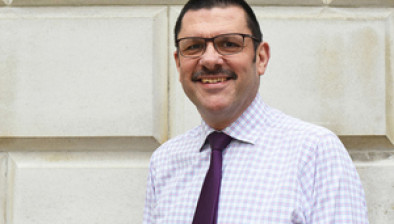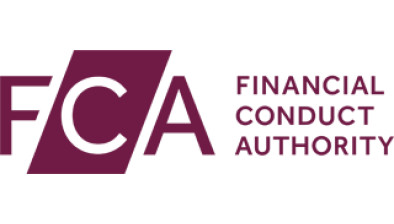FCA confirms support for motor finance and high cost credit customers
The Financial Conduct Authority (FCA) will be introducing a package of measures outlined last week to support consumer credit customers facing payment difficulties due to coronavirus.

The targeted temporary measures being implemented are a 3-month payment freeze for motor finance, buy-now-pay-later (BNPL), rent-to-own (RTO) and pawnbroking agreements. For high-cost short term credit (including payday loans) payments will be frozen for one month with no additional interest to be charged.
The FCA has confirmed the following measures:
Motor finance
- Firms to provide a three-month payment freeze to customers who are having temporary difficulties meeting finance or leasing payments due to coronavirus. If customers are experiencing temporary payment difficulties due to coronavirus and need use of the vehicle, firms should not take steps to end the agreement or repossess the vehicle.
- Firms should not alter Personal Contract Purchase (PCP) or Personal Contract Hire (PCH) agreements in a way that is unfair. For example, firms should not try to recalculate PCP balloon payments based on a temporary depreciation of car prices caused by the coronavirus situation. The FCA expect firms to act fairly where terms are adjusted.
- Where a customer wishes to keep their vehicle at the end of their PCP agreement, but does not have the cash to cover the balloon payment due to coronavirus-related payment difficulties, firms should work with the customer to find an appropriate solution. Given the increased potential for disparity between the balloon payment and the value of the vehicle in the current climate, firms should ensure that solutions do not lead to unfair outcomes. For example, refinancing the balloon payment might not be appropriate in the circumstances.
High-cost short-term credit (including payday loans)
- Firms to provide a one-month payment freeze to customers facing temporary payment difficulties due to the coronavirus pandemic. No additional interest should be charged to the customer as a result of the payment freeze. This shorter period reflects the much shorter length of most of these loans and the higher interest rates compared to other high cost credit products.
- The FCA expect firms to use the deferral period to engage with their customers to understand whether they are likely to be in a position to resume payments. Where the customer continues to face payment difficulties we expect firms to provide forbearance in line with our rules. This could include one single payment after the end of the term or by a number of smaller instalments.
- High-cost-short-term-lenders are also reminded, like all lenders, to consider whether immediate formal forbearance may be more suitable if a customer was already in financial difficulty before the impact of coronavirus. If the consumer expects their financial difficulties to last longer than a month, then immediate forbearance may be more suitable.
Other credit products
- Firms that enter into RTO, BNPL, or pawnbroking agreements to provide a three-month payment freeze to customers facing payment difficulties due to coronavirus.
- Firms should take the following steps in relation to specific products:
- pawnbrokers to extend the redemption period for the three-month freeze period or, if the redemption period has already ended, agree not to serve notice to sell an item that has been pawned for that period. If the firm has already informed the consumer they intend to sell the item, they should suspend the sale during the payment freeze
- if a BNPL customer is within the promotional period, firms to extend this by three months
- RTO firms to provide a three-month payment freeze. In addition, if a customer needs the goods during the guidance period, repossession should not take place
- if social distancing means that pawnbrokers and RTO firms are unable to take payment, collect or repossess goods, they should not pass on any additional charges or fees to the consumer
Firms and consumers should consider the amount of interest on outstanding balances which may build up, and balance this against the need for immediate temporary support.
If a payment freeze isn’t in the customer’s best interests, firms should offer an alternative solution, potentially including the waiving of interest and charges or rescheduling the term of the loan.
If a customer is unable to start making payments again at the end of a payment deferral period, they should contact their lender. The firm should work with the customer to resolve these difficulties in advance of payments being missed.
Christopher Woolard, interim chief executive at the FCA, said: “We have worked at pace to introduce temporary financial relief tailored for a range of specific credit products. Many firms are already working with their customers, but these measures ensure all consumers affected by the coronavirus emergency can apply for a temporary freeze on their payments.”
- Read all of our articles relating to COVID-19 here.










